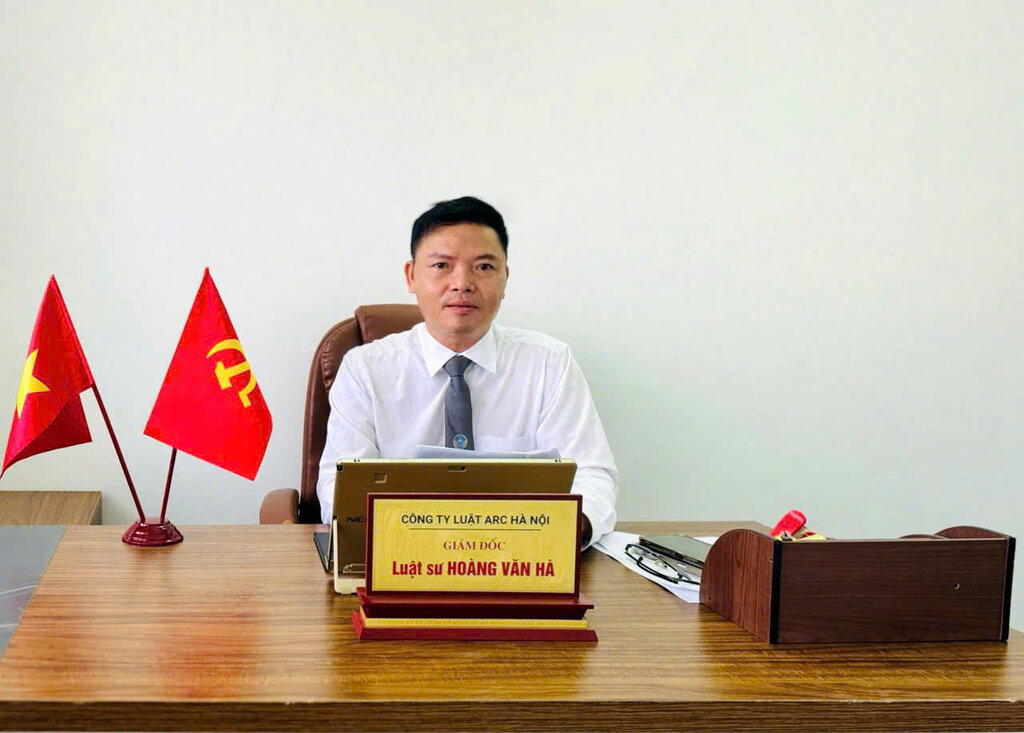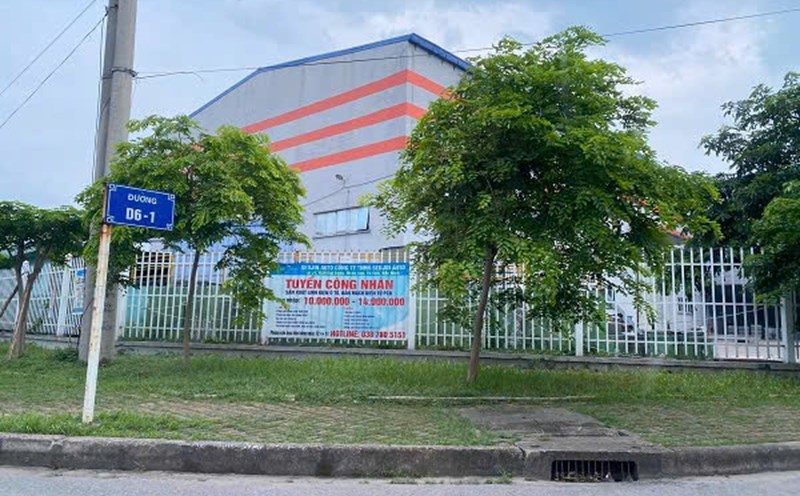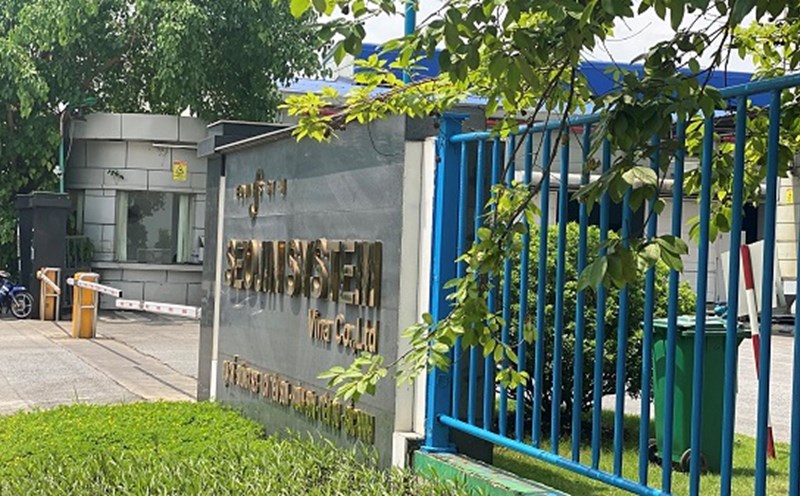Can't just... send an official dispatch and wait
In 2024 and the first 4 months of 2025, the entire Vietnam Social Insurance system has conducted inspections and examinations at more than 22,900 units, focusing on acts of late payment, evasion of payment, and appropriation of insurance funds. The results show that more than 17,400 workers have not participated or paid undertime, with a total amount to be collected of up to 130.7 billion VND.
In addition, nearly 39,000 workers who paid below the prescribed level were also required to pay an additional VND127 billion. The total amount of money that the units were late in paying before being inspected was more than VND 2,100 billion, of which nearly half was recovered.
The Social Insurance sector also discovered many violations in paying the regime, requesting a recovery of more than 11 billion VND to the Social Insurance fund due to incorrect payment. The unemployment insurance fund was incorrectly spent nearly 1 billion VND and the health insurance fund was spent more than 172 billion VND. These figures raise big questions about loopholes in payment control.
Although the rate of late payment of social insurance, unemployment insurance, and health insurance has tended to decrease steadily over the years, from 3.67% in 2021 to 2.59% in 2024, according to experts, this is still an "allsetting" figure in the context of many advances in management technology. Although the social insurance sector has applied technology to screen and zoning violating units, the handling of post-inspections still has many problems - especially when businesses are slow or have "disappeared".
Talking to reporters, lawyer Nguyen Minh Ngoc, The Light Law Firm, Hanoi Bar Association stated: The law has clearly stipulated the responsibility of social insurance agencies in collecting, spending and managing funds.
According to Clause 3, Article 18 of the Social Insurance Law 2024, social insurance agencies are obliged to organize the collection and payment of compulsory insurance types in accordance with the law. At the same time, this agency also has the right to conduct specialized inspections on social insurance, unemployment insurance, and health insurance contributions as prescribed in Clause 5, Article 17 of the law.

More importantly, Article 35 of the Social Insurance Law 2024 also clearly stipulates: Social Insurance is responsible for detecting and urging in writing when the enterprise shows signs of being slow or evading insurance payment.
"In other words, if violations are detected but the Social Insurance does not take drastic action, it is clear that it has not properly performed the function of supervising and protecting the rights of employees assigned to it," lawyer Ngoc emphasized.
However, through many cases in recent years, lawyer Ngoc has found that the most common measure is just to... send a reminder letter. Many businesses have owed billions of dong, for decades, and have only received an official dispatch "notifying the debt situation" from local social insurance.
Lawyer Nguyen Minh Ngoc believes that, in terms of the process, submitting documents is a mandatory step in the urging process. However, if after 2 submissions the enterprise still does not cooperate, the Social Insurance agency needs to transfer the case to the inspection and examination department to conduct administrative or criminal proceedings.
The provisions in Decision 595/QD-BHXH in 2017 are very clear: After 2 months of late payment, social insurance officers must go directly to work; if not effective, a record must be drawn up and after 3 months, they must be transferred to the competent authority for handling.
"The problem here is that many places still stop at the reminder step, without further processing the process. That is irresponsible, added lawyer Ngoc.
Workers suffer, who is responsible?
Sharing the same view, Lawyer Hoang Van Ha - Director of ARC Law Firm, Hanoi Bar Association said: Many cases have occurred that have caused workers to completely lose their pension, maternity, illness benefits... just because the enterprise did not pay enough social insurance, while they themselves did not know. There are even cases where when they retire, they discover a lack of payment time, because the company previously owed social insurance but the books were not transparent.
According to lawyer Ha, the main legal responsibility still belongs to the employer, because they are the subject with the obligation to pay. However, when the social insurance agency is late in urging, lacking determination in inspection - examination, does not enforce or does not transfer documents when there is sufficient basis, it must also consider the responsibility of the collective and the organization.

If the delay in debt collection leads to actual losses for workers, it is clear that there needs to be a lien internal compensation mechanism, it cannot be blamed on workers and then the price will be collected later, Mr. Ha emphasized.
Although the law does not have specific regulations on how individual social insurance officers must compensate, determining the responsibility of the organization, and even requiring the head of the local social insurance unit to report and review is completely legal.
Notably, some localities have allowed social insurance debts to exceed hundreds of billions of VND. The question is: With such a large debt, where is the management role of the head of the provincial Social Insurance? Who is responsible?
Sharing his views on this issue, lawyer Nguyen Minh Ngoc emphasized: What is lacking now is not the law, but the enforcement of the law. With sanctions, tools, data, but not using them to the point, the law will also become invalid. There needs to be an independent monitoring mechanism or a Government Inspectorate is assigned to periodically inspect the implementation of social insurance debt collection in the provinces, to avoid the situation of full documents but no action is taken.
If we continue to leave the situation of "melon rope debt" and wait for businesses to go bankrupt, hundreds of thousands of workers will continue to have their rights suspended. It is time to link debt collection responsibility with each specific dossier, have a mechanism to score, evaluate cadres' capacity and consider debt collection results as an emulation target, if not a political target".











